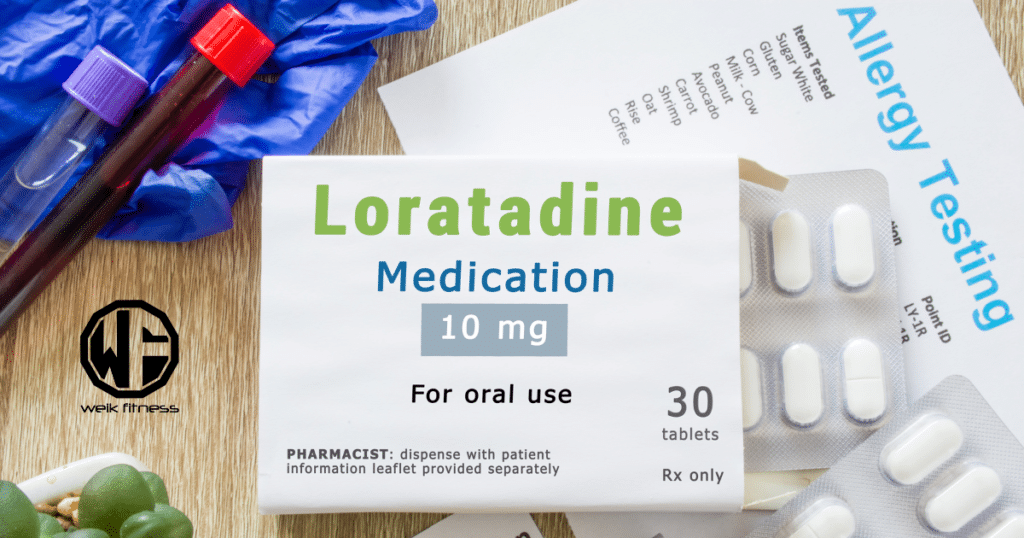Allergy Medication Killing Your Gains?
Yes, you read the title correctly. Your over-the-counter allergy medication could actually be diminishing your potential muscle gains. Now don’t read this and say “I don’t care how bad I feel, I’m not taking any allergy medication.” That’s not what this article is all about, nor does it make sense if you’re suffering from the nasty symptoms associated with seasonal allergies. However, be aware that OTC allergy medications like Allegra may impede your recovery after a workout if you don’t follow the directions on the packaging.
Disclaimer: This article is for informational purposes only and is not meant to treat or diagnose any condition. It is recommended that you speak with your doctor before starting any exercise program, changing your daily nutrition, or adding any supplements to your regimen.
Is Allergy Medication Hurting Your Muscle Growth?

Spring and Summer seem to bring out the worst in people with allergies. Allergy sufferers fight back a runny nose or congestion, watery eyes, and sneezing with the changing of seasons. Things end up getting so bad that we can’t help but reach for a bottle of pills to combat the symptoms long enough for us to have a productive day and get a good night’s sleep —let alone breathe normally without feeling like your head might explode each time you sneeze. The same allergy medication (antihistamine) can actually have a negative effect on those individuals who exercise regularly if the medication is abused.
A study by the University of Oregon found that giving subjects an OTC allergy medication (antihistamines such as Allegra around an hour before a resistance training workout reduced the body’s recovery response post workout by around 27%.
They mentioned that on average, after a workout, that around 3,000 genes go to work to help boost blood flow to the muscles which in turn aids in the overall muscle recovery process. By limiting the recovery response due to the antihistamine allergy medication, it decreases muscle-protein synthesis resulting in the muscle fibers not properly being given the nutrients they need to fully recover. What does this mean for continued use of the antihistamine to combat the effects of allergies? Fewer muscle gains.
I know what you’re all asking yourself… How does an antihistamine allergy medication reduce the recovery response post workout, not allowing for protein synthesis to take place? In order to not get too technical, in a nutshell, antihistamines actually block a chemical released by your immune system called histamine (“anti” “histamine” medication, makes sense right?). Histamine actually helps draw immune cells to the muscles to help repair and rebuild the torn down muscle fibers.

Don’t get too stressed out though. The study conducted used a higher than normal dosage of allergy medication than what is recommended and was given for more than a week. That being said, there are some folks out there who either can’t read or refuse to listen to directions clearly stated on packaging and use more than directed.
For those people, you can pretty much kiss your gains in the gym goodbye while using the OTC antihistamine allergy medication for weeks at a time. But for those of you who made it through elementary school and can read/follow directions, you should be fine according to the study if you use the recommended dosage short-term (anywhere from a couple days to around a week).
Click here to continue reading…


*Disclosure: This article may contain affiliate links or ads, which means we earn a small commission at no extra cost to you if you make a purchase through these links. These commissions help support the operation and maintenance of our website, allowing us to continue producing free valuable content. Your support is genuinely appreciated, whether you choose to use our links or not. Thank you for being a part of our community and enjoying our content.
PLEASE CONSIDER SHARING THIS ON YOUR SOCIAL MEDIA TO HELP OTHERS LEARN MORE ABOUT THIS TOPIC.





